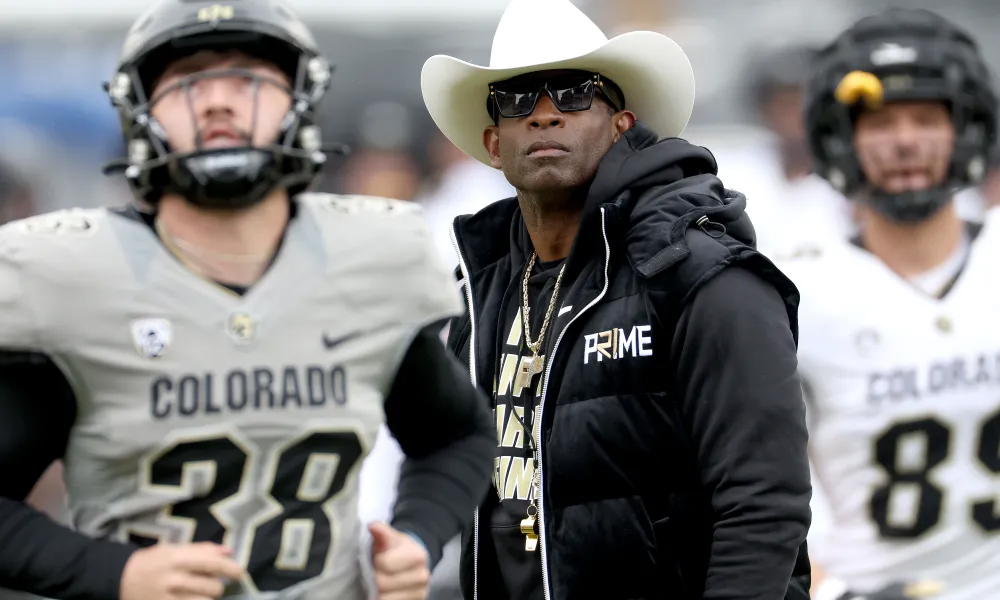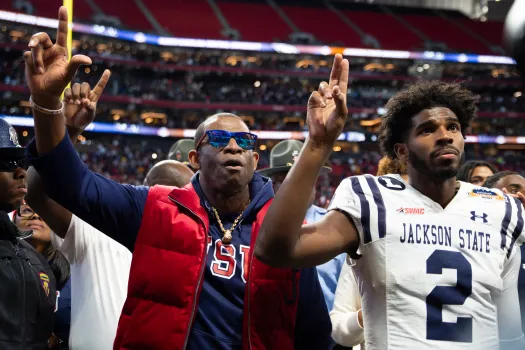In the world of college football, the impact of a successful team can reverberate far beyond the confines of the stadium. It can inject a significant economic boost into the host city and university. Two recent stories highlight the financial windfalls experienced by college football programs, and they underscore the profound influence that sports can have on local economies.
Deion Sanders: Boulder’s $18 Million Home Opener in 2023
In 2023, the University of Colorado made headlines when they played host to Nebraska in a much-anticipated home opener. However, the buzz around the game wasn’t just about the score on the field; it was about the “Deion Sanders effect.” The University of Colorado reportedly raked in a staggering $18 million in revenue from this single game.
The Deion Sanders effect is a phenomenon where the presence of a legendary sports personality, in this case, Deion Sanders, brings an extraordinary level of attention and excitement to a football program. This attention translates into higher ticket sales, merchandise purchases, and increased concession revenue. The economic impact extended beyond the stadium, benefiting local businesses as well. Sanders’ influence has proven to be a powerful force that transcends the game itself.
Jackson State: A Double Dose of Success in 2022
In the 2022 college football season, Jackson State University in Mississippi achieved two consecutive weekends of financial success that had a significant impact on the city of Jackson. The university hosted its homecoming event and the BoomBox Classic football home games, generating an estimated $8.9 million and $4.4 million, respectively, in economic impact for the city.
These numbers highlight the financial potential that college football can unlock for a community. Not only do such events fill stadiums and engage fans, but they also drive tourism, boost local businesses, and create temporary employment opportunities. As visitors flock to the city to watch their favorite teams play, they spend money on accommodations, dining, transportation, and souvenirs, thereby injecting a substantial economic stimulus.
The Bigger Picture
Both stories underscore the economic importance of college football to the host cities and universities. Successful football programs, coupled with star power like Deion Sanders, can turn games into grand spectacles, attracting not only die-hard fans but also casual observers who want to be part of the excitement. The revenue generated from ticket sales, concessions, merchandise, and tourism can have far-reaching effects on the local economy.
In the end, these two tales of financial success illustrate that college football is more than just a game—it’s an economic driver that brings communities together and leaves a lasting impact on the cities and universities lucky enough to host it.






